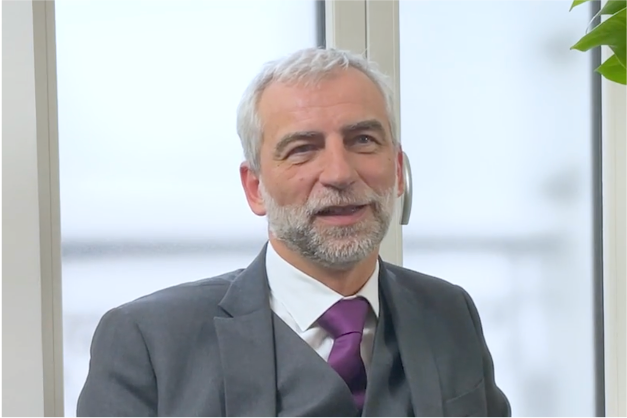Focusing on the balance sheet postpones the resolution of the real problems, which must involve the transformation of the company. Le dirigeant, a fortiori en période de crise, doit davantage se soucier du compte de résultat, qui est un travail de stratège et de manager, que du bilan, qui est un travail de technicien. Explanations.
The decline in the number of collective proceedings seen for more than a year would almost make one forget the multiple challenges facing businesses. The cause is well known. The influx of EMPs has mechanically led to an obesity of balance sheets with, as a corollary, an unprecedented hypertrophy of cash levels (up by €200bn in 2020, i.e. by 29% compared to their 2019 levels). At the same time, the decline in activity has reduced working capital requirements, thereby reducing cash needs. But here’s the thing: this artificial influx of cash has put the intrinsic imbalances of many companies under a bell, without of course making them disappear. Worse still, the recent period has not only accelerated long-standing disruptions but has added new challenges: the return of inflation, the cost of health measures, supply chain blockages, etc. The result: the balance sheet reading of companies has anaesthetised a large number of organisations into a false comfort and delayed their transformation projects, at the very moment when a rethink is precisely the most urgent.
This focus on the balance sheet can also become problematic during restructuring phases. Why? The balance sheet gives a photograph, a patrimonial vision of a company. It bears no witness to its dynamics. In other words, a balance sheet imbalance is only the most likely manifestation of a deeper problem, the nature of which is purely economic, organisational or even cultural. It is generally the symptom of a model that no longer works. Focusing on the balance sheet alone is therefore tantamount to treating the consequence of the problem and not its cause. The leader is tempted to become a financier, which is a technician’s job, when it is his or her talents as a strategist, manager and leader that are required.
Restructuring a balance sheet is therefore not an end in itself. It is only a means, admittedly necessary to save a company. But it must not distract the manager from his real challenge, which lies elsewhere and is far more ambitious: that of transforming the company in depth and over the long term. How? By finely analysing and treating the areas of value creation and destruction in the company. In general, this information is very, too crudely analysed by companies that only know their gross margins and an average percentage of their structural costs. This value mapping and the decisions that result from it must be shared collectively, at all levels of the company. And this work is not financial.


